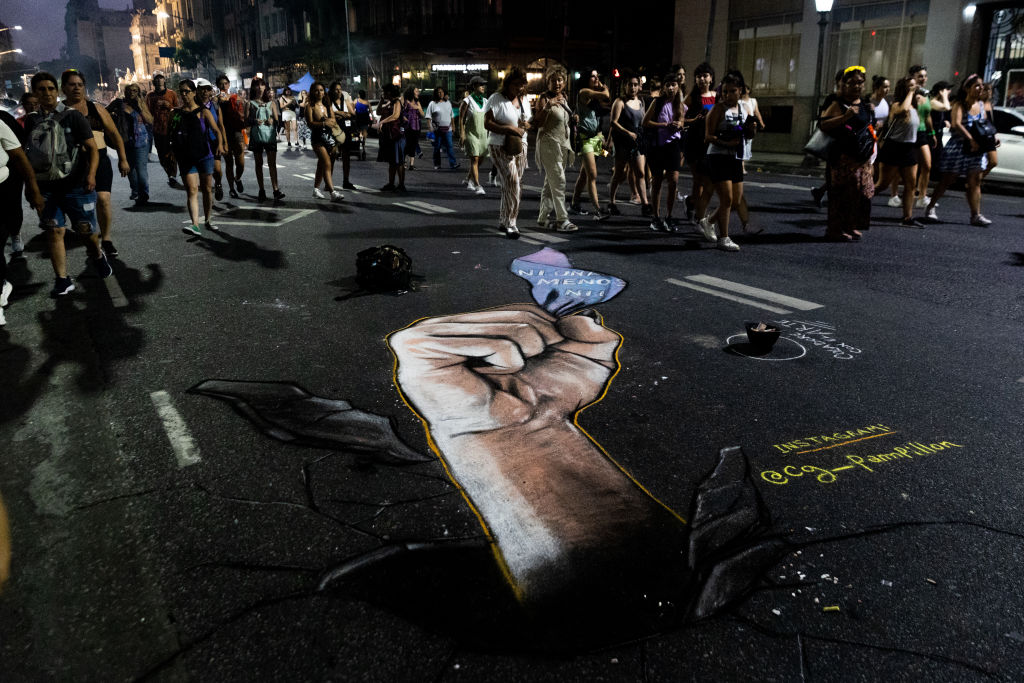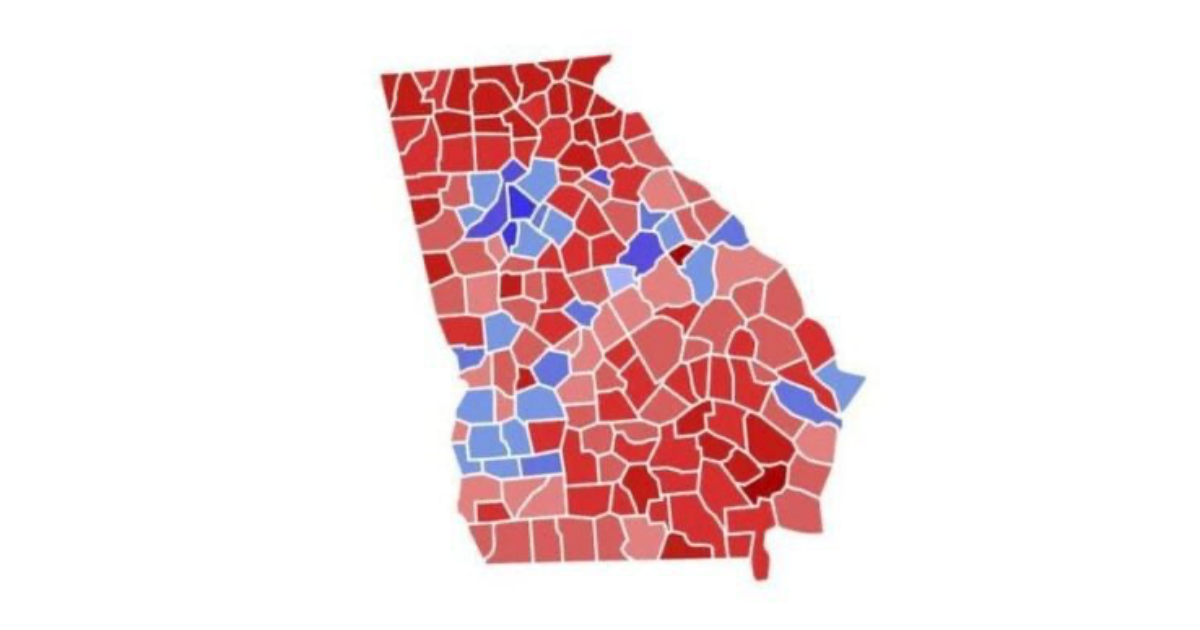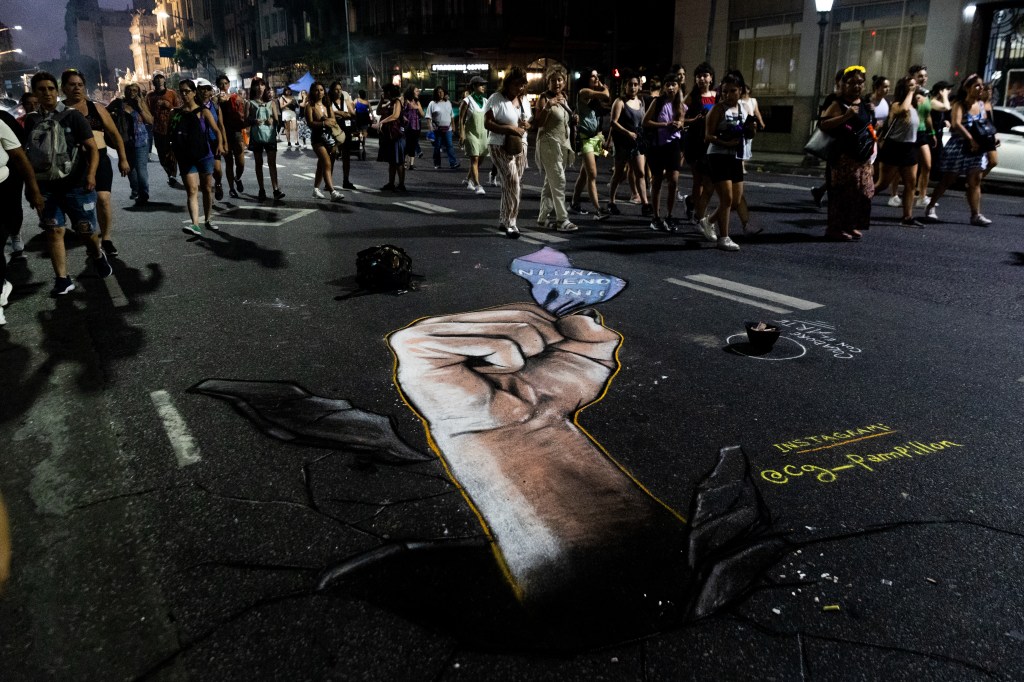
March “Not one less” in Buenos Aires / Getty Images
(CNN Spanish) — This Saturday, June 3, the “Ni una menos” movement celebrates a new anniversary in Argentina. Eight years after the appearance of this women’s initiative, which arose to denounce that femicides are the last link in the chain of gender violence and not isolated crimes, the figures for femicides in the country, although in decline in the last five years They are still alarming.
In 2022, the Argentine Justice registered a femicide every 35 hours, according to data published by the Women’s Office of the Supreme Court of Justice.
According to the National Registry of Femicides kept by the high court, last year there were 252 fatalities due to gender violence. This number was similar to that of 2021, in which there were 251 victims.
If the evolution of the registry from 2017 to 2022 is taken into account, the figure decreased by 10.3%.
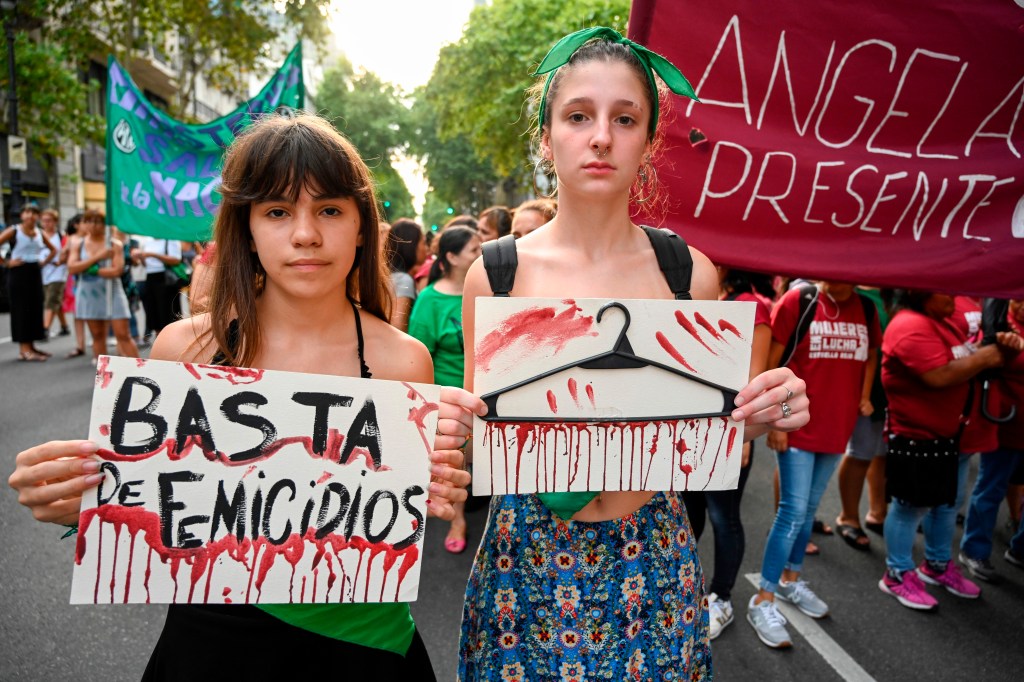
March “Not one less” in Buenos Aires / Getty Images
Most of the femicides, within homes
“Femicides are not isolated phenomena, they are not the crimes of some crazy person on the loose, but rather they are the last link in the chain of violence. This idea of the murderer or rapist loose on the street is quite unrealistic because most of femicides occur inside homes, which is where women are supposed to be safer,” explains Ingrid Beck, journalist and one of the organizers of “Not One Less.”
According to the judicial registry, in 2022 in 88% of the cases the direct victims of femicide had a previous relationship with the aggressor. In 59% of the femicides, the person who committed the crime was a partner, ex-partner or had another type of sexual-affective relationship with the victim, says the Women’s Office. In 13% of the cases, the femicide was a relative of the victim and in 16% they had another type of relationship. Among those victims and perpetrators who knew each other, 42% were living together at the time of the crime. As can be seen from the court records, the report only 5% had no prior relationship.
Micaela Law, an outstanding debt
The organizations that support the fight of the “Ni una menos” collective highlight the path traveled in the fight to make violence against women and femininities visible, but they also emphasize how much remains to be done.
Ada Rico, president of La Casa del Encuentro, assures that among the pending issues is “the inclusion of the gender perspective in competitions for positions in the Judiciary, Executive Power and Legislative Power, the creation of specialized forums on gender violence in the field of Justice and the consequent creation of specific courts in all the country’s jurisdictions and 24-hour shift systems”. In addition, think of a way to guarantee “comprehensive and effective protection from a gender perspective for women in situations of violence.”
This is one of the key points in the claims that the “Ni una menos” collective still makes. According to the figures of the Court, of the reported cases of femicide, in almost four out of every 10 ties there was a history of gender violence. In at least 38 cases of femicide there were formal complaints against the aggressors and in 58 ties previous acts of gender violence that had not been formally denounced were revealed. At least 14 victims had current protection measures and seven had expired protection measures.
In Argentina, the so-called Micaela Law has existed since 2019, which establishes “mandatory training in gender and gender violence for all people who work in public office at all levels and hierarchies.” The importance of the implementation of this law occurs in a context in which the accompaniment of justice for victims of gender violence is the key to preventing femicides.
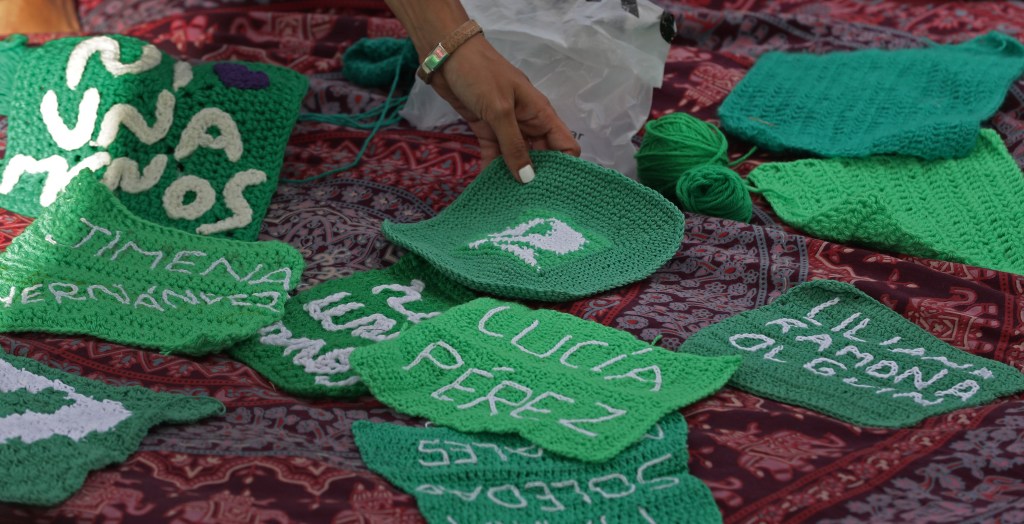
March “Not one less” in Buenos Aires / Getty Images
June 3, a new call for “Not one less”
This June 3, civil associations, organizations and women from all over the country gather in different cities to mobilize in favor of the slogans of “Not one less”.
“In each report we try to understand the path to eradicate gender violence, remembering that it is multi-causal, linked to the different situations in which those who experience it find themselves, and for this reason its approach must be comprehensive, multidisciplinary and federal. “, remarks Ada Rico.
“However, the measures taken so far are not enough and although we see changes in their treatment, the transformation occurs very slowly. From civil society we demand that the State in its three powers equally guarantee the effective implementation of public policies against gender violence, deepening the assistance prevention campaigns, making cash in the announced programs of accompaniment for women and transvestites”, concludes the president of the Casa del Encuentro.


